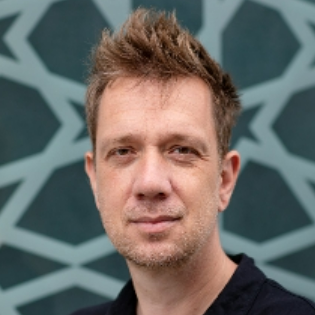
- This event has passed.
POPNET Connects with Floris Vermeulen
19 September 2022 , 10:00 – 11:00 CEST
Please register for the seminar via the button. You will receive a confirmation via email.
What do big data analytics reveal about neighbourhood organisational vitality?
Big data from images captured by Google Street View (GSV) can be used to analyse the extent to which the built environment impacts the survival rate of neighbourhood-based social organisations in Amsterdam, the Netherlands. These organisations are important building blocks for social life in urban neighbourhoods. Examining these organisations’ relationships with their environment has been a useful way to study their vitality. To extract data on built environment features from GSV images, we applied a deep learning model, DeepLabv3+. Using elastic net regression we were able to test the relationship between the built environment empirically – distinguishing between car-related, walking-related and mixed-use land infrastructure – and the survival of neighbourhood organisations. This testing approach is novel, to our knowledge not yet having been applied in Urban Studies. Besides revealing the effects of built environment features on the social life between buildings, our study points to the value of easily applicable observational big data. Data captured by GSV and other recently developed methods offer researchers the opportunity to conduct detailed yet relatively swift and inexpensive studies without resorting to overly coarse or common subjective measurements.
About Floris Vermeulen

Dr. Floris Vermeulen is associate professor (universitair hoofddocent) at the department of political science at the University of Amsterdam . He has been chair of the department of Political Science (2015-1017) and co-director of the Institute for Migration and Ethnic Studies (IMES) (2011-2014) and co-programme group leader of Challenges to Democratic Representation of the Amsterdam Institute of Social Science Research (AISSR) (2011-2014). He studied Economic and Social History at the University of Amsterdam. His dissertation (Cum Laude) was published in the IMISCOE-AUP publication programme, entitled The immigrant organising process. Turkish organisations in Amsterdam and Berlin and Surinamese organisations in Amsterdam 1960-2000.
